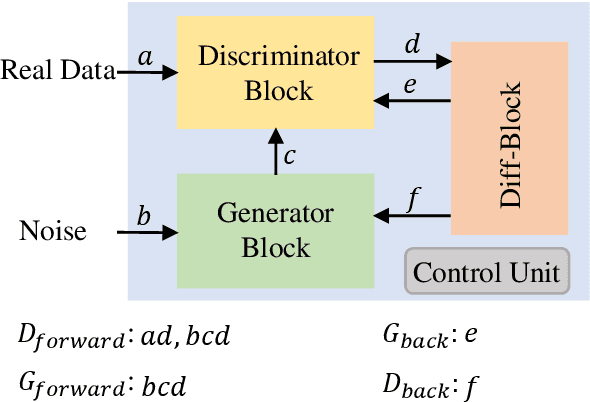F. Liu
Artificial Intelligence for the Electron Ion Collider (AI4EIC)
Jul 17, 2023Abstract:The Electron-Ion Collider (EIC), a state-of-the-art facility for studying the strong force, is expected to begin commissioning its first experiments in 2028. This is an opportune time for artificial intelligence (AI) to be included from the start at this facility and in all phases that lead up to the experiments. The second annual workshop organized by the AI4EIC working group, which recently took place, centered on exploring all current and prospective application areas of AI for the EIC. This workshop is not only beneficial for the EIC, but also provides valuable insights for the newly established ePIC collaboration at EIC. This paper summarizes the different activities and R&D projects covered across the sessions of the workshop and provides an overview of the goals, approaches and strategies regarding AI/ML in the EIC community, as well as cutting-edge techniques currently studied in other experiments.
A Memristor based Unsupervised Neuromorphic System Towards Fast and Energy-Efficient GAN
May 09, 2018



Abstract:Deep Learning has gained immense success in pushing today's artificial intelligence forward. To solve the challenge of limited labeled data in the supervised learning world, unsupervised learning has been proposed years ago while low accuracy hinters its realistic applications. Generative adversarial network (GAN) emerges as an unsupervised learning approach with promising accuracy and are under extensively study. However, the execution of GAN is extremely memory and computation intensive and results in ultra-low speed and high-power consumption. In this work, we proposed a holistic solution for fast and energy-efficient GAN computation through a memristor-based neuromorphic system. First, we exploited a hardware and software co-design approach to map the computation blocks in GAN efficiently. We also proposed an efficient data flow for optimal parallelism training and testing, depending on the computation correlations between different computing blocks. To compute the unique and complex loss of GAN, we developed a diff-block with optimized accuracy and performance. The experiment results on big data show that our design achieves 2.8x speedup and 6.1x energy-saving compared with the traditional GPU accelerator, as well as 5.5x speedup and 1.4x energy-saving compared with the previous FPGA-based accelerator.
 Add to Chrome
Add to Chrome Add to Firefox
Add to Firefox Add to Edge
Add to Edge